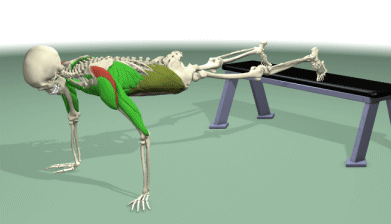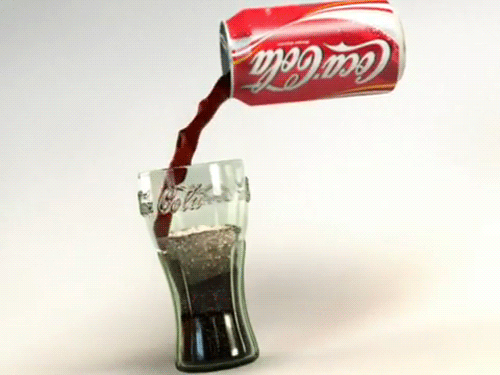




THE FITNESS
DIGEST.
Good dental hygiene habits should begin before your child's first tooth comes in. Wiping your baby's gums with a soft damp cloth after feedings helps to prevent the buildup of bacteria. When teeth appear, start using a soft children's toothbrush twice a day.
Once your child is preschool-age, start using fluoride toothpaste. Don't cover the brush with toothpaste; a pea-sized amount is just right. Young children tend to swallow most of the toothpaste, and swallowing too much fluoride toothpaste can cause permanent stains on their teeth.
What are cavities?
Cavities are holes that are formed when bacteria (germs) in your mouth use the sugar in food to make acid. This acid eats away at the teeth. Cavities are common in children. Good tooth care can keep cavities from happening in your child.
Risk of cavities
Your child might be at risk for cavities if he or she eats a lot of sugary foods (such as raisins, cookies and candy) and drinks a lot of sweet liquids (such as fruit juice and punch, soda and sweetened drinks). Your child also might be at risk if he or she has any of the following risk factors:
-
Was born early (prematurely) or weighed very little at birth (low birth weight)
-
Has ongoing special health care needs
-
Has white spots or brown areas on any teeth
-
Does not go to the dentist very often.
-
-
Stopping cavities
Everyone in your family should take good care of their teeth. Family members with lots of cavities can pass the cavity-causing bacteria to babies and children.
Teeth should be brushed at least twice a day and adults should floss once a day. Everyone should see the dentist twice a year. Have your doctor or dentist show you the right way to brush your child's teeth.
Diet & child's teeth
Yes. Avoiding sweets, sticky foods and between-meal snacks is good advice. To avoid cavities, limit sweet snacks and drinks between meals. Have meals and snacks at regular times. Teeth-friendly snacks include fresh fruits and vegetables, and cheese and crackers.
Baby bottles can create additional problems with your child's dental health. When liquid from a bottle--like milk and juice--stays in contact with the teeth for a long time, the sugars cause tooth decay. This can create a condition called bottle mouth syndrome. Your baby's teeth can develop cavities and become pitted or discolored. Never put a baby to bed with a bottle. Don't let your child walk around during the day with a bottle, and teach your child to use a drinking cup around his or her first birthday.
Thumb-sucking
It's normal for children to suck their thumbs, their fingers or a pacifier. Most children give up this habit on their own by age 4, with no harm done to their teeth. If your child still has a sucking habit after age 4, tell your dentist. Your dentist can watch carefully for any problems as the teeth develop. In most children there is no reason to worry about a sucking habit until around age 6, when the permanent front teeth come in.
Intrduction to the dentist
NOT later than his or her first birthday. This gives the dentist a chance to look for early problems with your child's teeth. Pediatric dentists specialize in treating children's dental health. You and your child's dentist should review important information about diet, bottles, tooth brushing and fluoride use. Visiting the dentist from a young age will help your child become comfortable with his or her dentist. It also establishes the good habit of regular dental check-ups.
child's oral hygiene
Physical fitness Disclaimer and Waiver of liability:
Exercises are not without their risks and the exercise programs in this website may result in injuries.Any person who undertakes these exercises does so at their own risk.To reduce the risk of injuries ,you should consult your doctor before beginning these or any other exercise programs.As with any exercise program ,if at any point during your workout you believe conditions to be unsafe or begin to feel faint or dizzy,have physical discomfort or pain, you should stop immediately and consult a physician.
Daily exercise for Working women.
Jumping Jacks. . Effective workouts.
Group exercise and its benefits.
Calf raises-free style . Push ups.
Tummy exercises. Hoola Hooping .
Fitness Motivational tips. Barbell Squauts.
The myths of spot reduction. Leg press.
Standing calf raises. Concentration curls.
Bench (Tricep) dips.. One arm dumbbell rows.
Pec deck Flye. Fr0nt dumbbell raises. Glute ham raise.
Seated leg curl . Close grip bench press .
.

Please keep comments positive and constructive.
Help the WEBSITE by reporting inappropriate comments to thefitnessdigest@gmail.com . Inappropriate comments may be reported and/or removed.